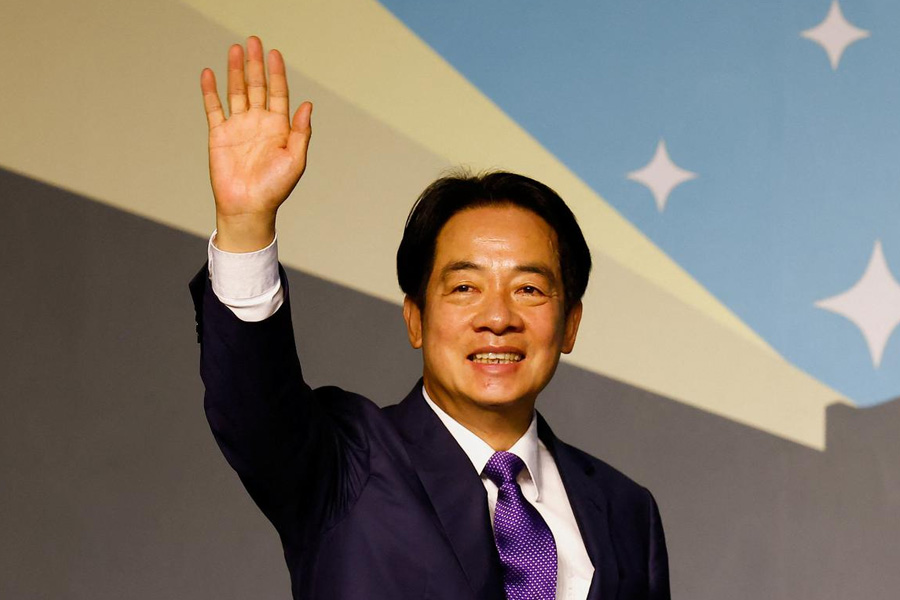
The blossoming of ties between India and Taiwan began under the DPP and is expected to continue and India can expect more aggressive warnings from China, asking it to not engage with Taiwan.
Author
Sriparna Pathak, Associate Professor, Chinese Studies and International Relations, O.P. Jindal Global University, Sonipat, Haryana, India.
Summary
On January 13, this year, Taiwan’s ruling party–the Democratic Progressive Party (DPP) candidate Lai Ching-te won the presidential elections. He contested elections against Kuomintang (KMT)’s Hou Yu-ih and Taiwan’s People’s Party (TPP)’s Ko Wen-je. Lai got 40% of the total votes, while the former president from the same party had got 57% of the total votes. This time, the total percentage of votes was 72%, compared to 75% in 2020. The emergence of the third party, the TPP cut into the percentages. While DPP’s candidate won the presidential elections, there is no clear-cut majority in the legislature.
This is the first time since 2004 that there is no majority in the Legislative Yuan. The DPP won 51 seats, the KMT 52, and the TPP eight. The possibilities of greater disagreements in the Legislative Yuan now loom large, which will affect not just domestic policies but foreign policy options as well. This has happened in the past in Taiwan during DPP president Chen Shui Bian’s tenure. Also, while the president appoints the premier, the Legislative Yuan can oust her/him by a vote of confidence which requires 57 lawmakers to vote in favour.
The three presidential candidates broadly had similar manifestos on defence reforms, public service, social reforms, and on United States (US)-Taiwan relations. Hou and Ko had promised to resume talks with China on a now abandoned trade pact, a move which Lai opposes. Former KMT president, Ma Jing-yeou had sought to strike a deal with Beijing but was forced to give it up after weeks of student-led mass protests and occupation of the legislature. Immediately after the declaration of the results, a spokesperson for China’s State Council Taiwan Affairs Office stated that Taiwan is China’s Taiwan and added that the DPP cannot represent the mainstream public opinion on the island.
Published in: Hindustan Times
To read the full article, please click here.

